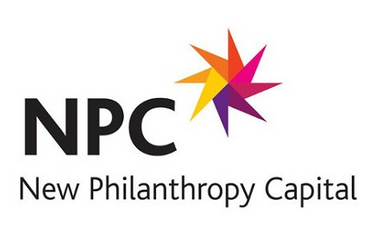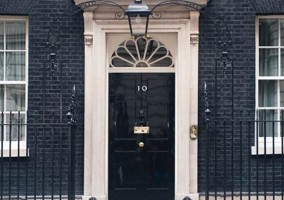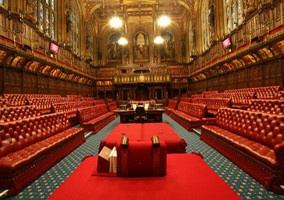Civil society in the UK is “weaker in the places that need it most, and the gap is widening”, a think tank has warned.
Charity expenditure per head in the poorest areas of the country is around “one third lower” than in the wealthiest regions, according to analysis by New Philanthropy Capital (NPC).
Moreover, NPC said that charity expenditure in the poorest areas, identified by the government as top priority “levelling up” regions, “has been dropping since 2018, whilst it remains broadly the same in the lowest priority (wealthiest) areas of the country”.
Its data suggests that charitable activity in the poorest areas fell between 5% and 6% from 2018 to 2021, with Knowsley and Manchester (both levelling up priority areas) reporting drops of more than 45%.
“This is despite the government’s commitment to catalyse ‘innovation and action by the private and civil society sectors’ to level up the country,” the report says.
The data is from the Charity Commission and represents the annual reported expenditure of local charities.
Recommendations
Speaking at an event discussing the report, Caroline Slocock, director, Civil Exchange, said “civil society always gets a lot of warm words” but the thing which is overlooked “is its role in communities”.
Indeed, Theo Clay, NPC’s policy manager, said whoever is in government after the next election, will have diagnosed regional inequalities as a major issue – but agreed “civil society has been somewhat lost in this”.
“This is totally misguided” as civil society is “an underestimated partner to economic growth” he added.
The think tank is calling on the government to rethink its approach to civil society as an engine of local growth and says civil society should be a key partner in levelling up.
“Charities, faith groups, community and voluntary organisations, and social enterprises are widely recognised by politicians as having a positive, but often limited, influence in a community,” the report states.
“Too often, policymakers see the third sector as a ‘nice to have’ but less relevant to economic growth or the inequalities at the heart of levelling up. This is misguided.”
The report recommends interventions which show how civil society uses its unique advantages to support economic growth, rooted in communities’ aspirations.
It says in parallel with the 12 investment zones announced for the East Midlands, North East, Greater Manchester and elsewhere, there should be social investment zones, which should be distinct areas where gift aid incentives and targeted support allow civil society to flourish.
It adds that alongside the social investment zones there also needs to be a broader national approach to investing in disadvantaged areas across the country – “we need a new national framework for tackling inequalities”.
Shadow minister tells charities to lobby before election
Alex Norris, shadow minister for levelling up, said civil society is at the heart of levelling up and emphasised the importance of devolution.
He said there was a lack of prevention in local communities, disconnected and hard to navigate services, and not a firm enough focus on inequalities, and that civil society was best placed to help with these issues.
The MP noted he is hoping to be levelling up minister after the next election, but that decision making should not be centralised and his role instead would be to shift power.
Norris noted all political parties were currently making their plans ahead of an upcoming election, and advised larger charities to be consistent in their policy requests.
He said local MPs and councillors of any party will want to engage with smaller charities as well. “That local intervention is very, very persuasive,” he said.
For more news, interviews, opinion and analysis about charities and the voluntary sector, sign up to receive the free Civil Society daily news bulletin here.
Related Articles












